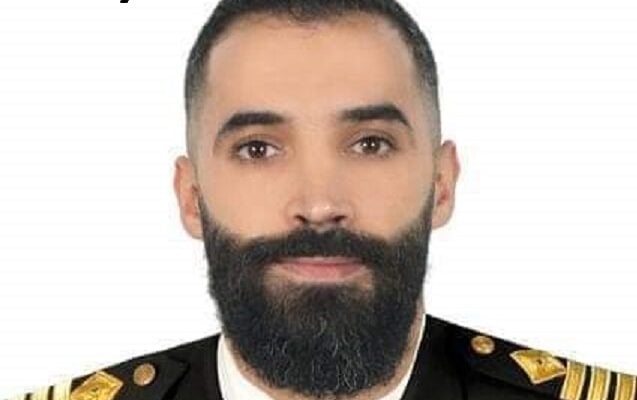Imad Amhaz is reported to be a ‘considerable source of knowledge’ about Hezbollah’s navy.
By Vered Weiss, World Israel News
In a raid on Friday night, Israeli Navy’s Shayetet 13 commando unit captured a top Hezbollah official in northern Lebanon, Israel’s military confirms.
Imad Amhaz is reported to be a “considerable source of knowledge” about Hezbollah’s navy.
The raid was conducted by sea as the commandos arrived at a chalet on the coast of Batroun, south of Tripoli.
The operation was accomplished in cooperation with German naval forces working as part of UNIFIL.
The Military Intelligence Directorate’s Unit 504, whose focus is HUMINT, or human intelligence, is questioning Amhaz.
More than 25 people took part in the raid of the cabin where Amhaz was staying alone.
The operation to capture Amhaz follows a deadly Hezbollah rocket attack on Thursday that killed seven people and seriously injured one.
Two Hezbollah missiles landed in an open area outside the Upper Galilee city of Metula, according to the Israel Defense Forces.
One Israeli farmer was killed along with four foreign workers, and there was another worker who was seriously injured.
Another Hezbollah attack the same day killed two people in a field off Route 79 near the Haifa suburb of Kiryat Ata.
“Paramedics provided medical treatment and CPR, following which a 30-year-old man and a 60-year-old woman were pronounced dead, and a 71-year-old man was evacuated to Rambam Hospital due to minor shrapnel wounds,” the emergency service said in a statement.
An initial draft of a US ceasefire proposal calls for Hezbollah to comply with a previous agreement to retreat from Lebanon’s border with Israel and for the IDF to withdraw from Lebanon within a week, as reported by Kan news.
The proposal, presented by top US security official Amos Hochstein, outlines an initial 60-day truce followed by a permanent ceasefire.
One requirement is the enforcement of UN Resolution 1701, adopted at the end of the Second Lebanon War in 2006, which called for “the establishment between the Blue Line and the Litani river of an area free of any armed personnel, assets, and weapons other than those of the Government of Lebanon.”





